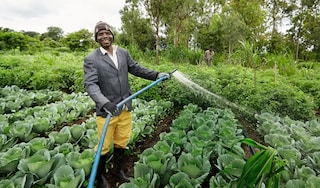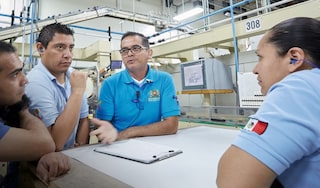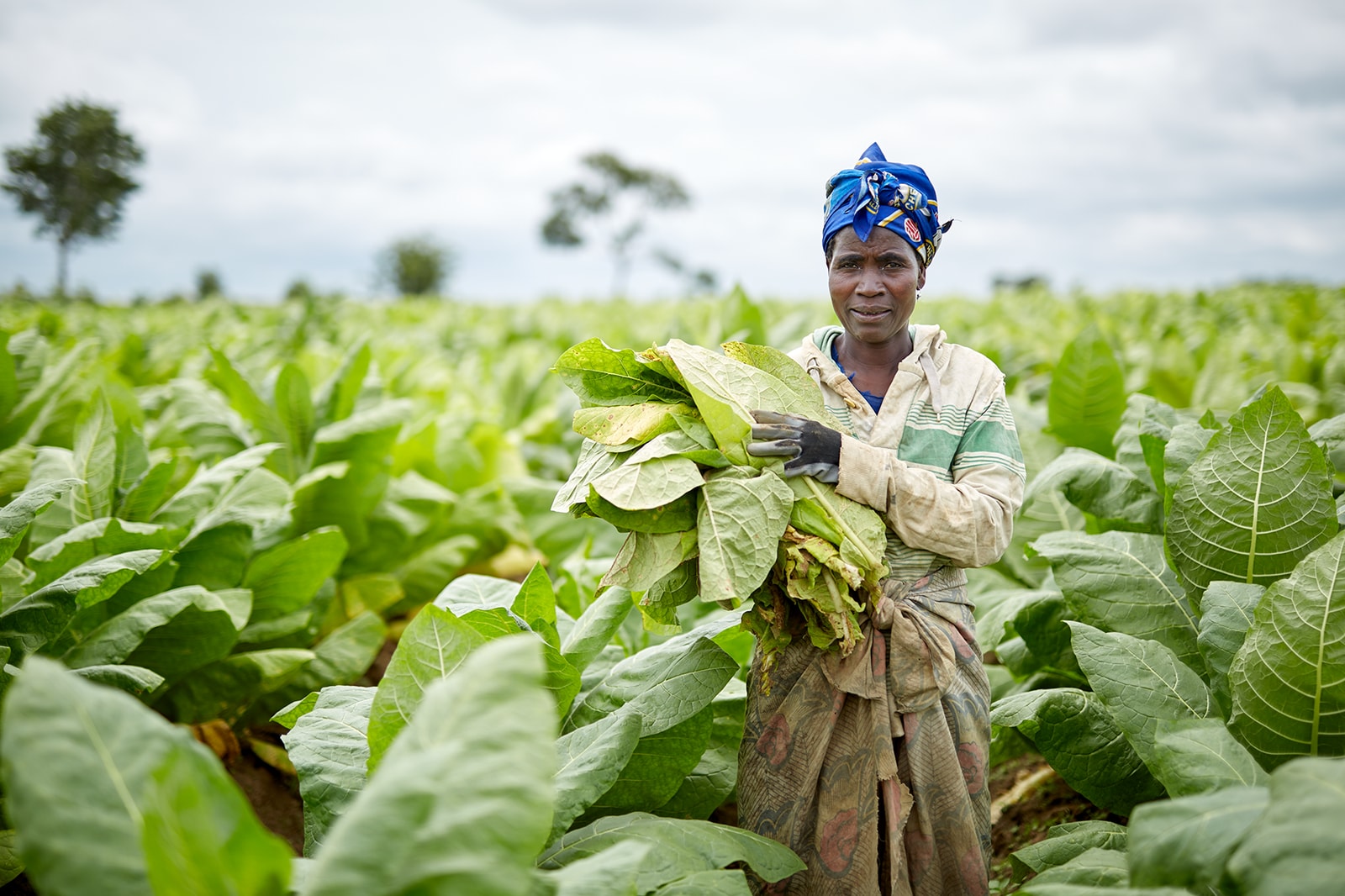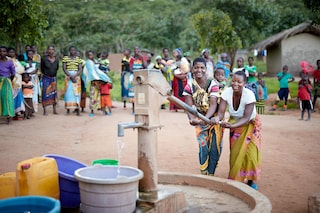On the ground in Mozambique
Mozambique is an important tobacco sourcing market for our company, though we have no direct presence or direct operations in the country. Our sourcing activities, carried out in line with our Good Agricultural Practices and Agricultural Labor Practices program, are deployed through our third-party leaf supplier, which in 2020 contracted approximately 107,000 smallholder farmers. The country ranks among the bottom eight in the United Nations’ Human Development Index and faces systemic social issues which pose important challenges for companies operating there.
Human rights impact assessment
In 2020, we conducted a human rights impact assessment In Mozambique, the first one which targeted our tobacco supply chain, in collaboration with a peer company and our common leaf supplier. This assessment focused on human rights risks and impacts resulting from our supply chain activities there, and then identifying and addressing any gaps relative to the various programs and processes already implemented by our leaf supplier.
The objective of this partnership was to foster a shared understanding of the risks and issues, and to develop a common response to challenges. The engagement of our third-party leaf supplier was vital in this process, and its strong collaboration throughout the assessment was commended by twentyfifty Limited, the human rights and business consultancy that carried out the exercise. The field visit was completed in early 2020, prior to the global spread of COVID-19 and consequent travel restrictions. Rights-holder perspectives and insights were at the core of the assessment.
Through interviews, focus groups, and other tools such as village walk-throughs, twentyfifty consultants gathered experiences and perspectives from over 260 people, including farmers, workers and their families, and community leaders, among others. The openness of the various rights-holders when sharing their concerns was noted as a positive sign.
Findings
The assessment confirmed issues that remain common across Mozambique, especially in the agricultural sector, and are related to widespread poverty. The findings included incidences of work performed by children, difficulties of consistent school attendance amongst migrant workers, income levels below the national minimum wages, inequalities suffered by women, and, in some areas, a lack of adequate access to water, sanitation, and health services.
These findings were in many cases aligned with the results of the Agricultural Labor Practices monitoring system in Mozambique and other external assessments conducted by Control Union, a specialist supply chain auditor. Action plans were already in place by our supplier, including comprehensive farm monitoring, awareness-raising and training, as well as several other initiatives aimed at targeting the identified issues.
Forward momentum
- The findings were extensively discussed with all key stakeholders—PMI, our industry peer, and the third-party leaf supplier—and led to the development of an action plan. On most priority issues, projects or plans were already in place, and these were reinforced and complemented by additional activities where needed. Meaningful progress requires tangible action, and measures were already undertaken by our supplier during the second half of the year. Highlights include:
Further mitigate the risk of child labor. For instance, engage with local schooling authorities to address the lack of access to schooling for children of migrant workers and expand our supplier’s school feeding schemes; continue raising local stakeholder awareness of the issue through direct engagement and training, with particular focus on traditional community leaders; continue to strengthen the monitoring and remediation system. - Enhance smallholder farmer training. Initiatives are underway to revise the current approach to training, by introducing financial literacy workshops addressed to smallholder farming businesses (such as savings, credit management and record-keeping); exploring the potential to set up voluntary savings and loans associations; and ensuring all full-time workers are provided with written agreements that refer to working conditions, including in-kind payments.
- Empower women. To address and mitigate gender inequality, we continue to work toward empowering women by ensuring female workers know their right to receive their own written agreement governing their work on farms, independent of any arrangement with their husband or other relative.
- Align on the definition of living income and complement with broader programs that seek to increase yields and income-generating activities such as complementary crop diversification. Alongside PMI, our supplier continues undertaking studies and projects that enhance farmer welfare; for example, rolling out low-cost irrigation systems and making inputs available to farmers for the production of complementary crops during the winter.
According to the Global Living Wage Coalition, a living income and living wage are both about achieving a decent standard of living. A living income is the net annual income required for a household to afford a decent standard of living for all its members and applies to, for example, self-employed farmers. In contrast, a living wage is applied in the context of hired workers (e.g., in factories or on farms).
PMI’s Agricultural Labor Practices Code defines a minimum legal wage as a wage for all workers (including temporary, piece-rate, seasonal, and migrant) that meets, at a minimum, the national legal standard or formalized agricultural benchmark standard. An agricultural benchmark may be formalized where a minimum legal wage is not available or applicable to a specific context.
Other case studies

Working towards crop diversification
Read more
Early adopter market Japan
Read more
Human rights due diligence in Mexico


